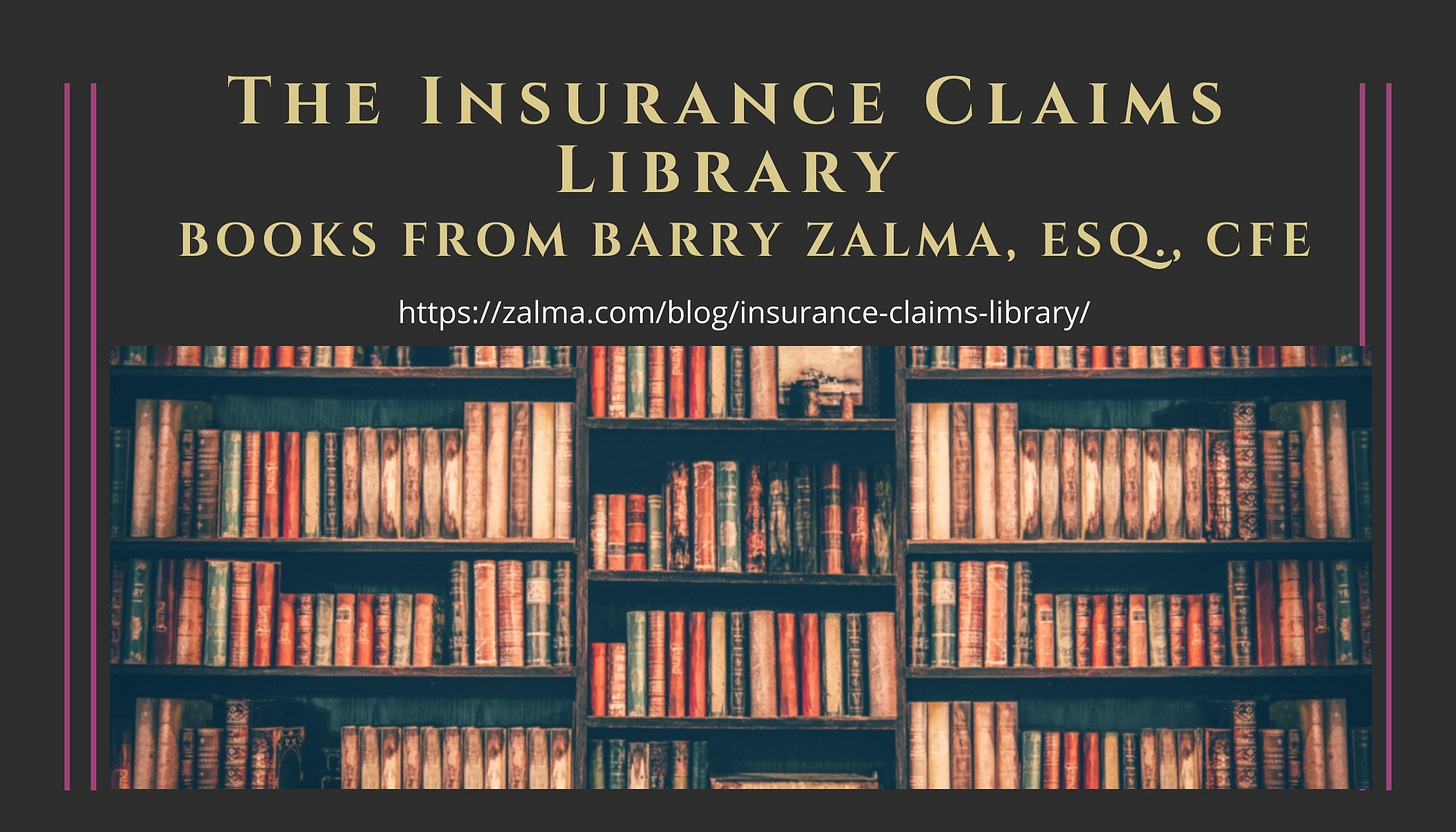Read the full article at https://lnkd.in/grXZjrKs and see the full video at https://lnkd.in/gsueg3Mj and at https://lnkd.in/gx5esZz8 and https://zalma.com/blog plus more than 4550 posts.
The United StatesCourt of Appeals for the Ninth Circuit certified to the California Supreme Court, the following question for our review: “Under California’s Motor Carriers of Property Permit Act (Veh. Code, § 34600 et seq.; the Act), does a commercial automobile insurance policy continue in full force and effect until the insurer cancels the corresponding Certificate of Insurance on file with the Department of Motor Vehicles (DMV or Department), regardless of the insurance policy’s stated expiration date?”
The Supreme Court in Allied Premier Insurance v. United Financial Casualty Company, S267746, Supreme Court of California (July 24, 2023) the California Supreme Court logically advised the court of its opinion based on the statute and California precedent.
The certified question arose only in the context of claims for equitable contribution and subrogation between two insurance companies. It bears repeating that the plaintiffs in the underlying lawsuit were compensated to the full limits of Allied’s policy under the terms of their settlement and that, at all relevant times, Porras, the trucker, properly maintained an active operating permit.
BACKGROUND
Commercial trucker Jose Porras is a “motor carrier of property” (motor carrier or carrier). Under the Act, a motor carrier cannot operate on public highways without securing a DMV permit, which requires proof of the carrier’s financial responsibility. A carrier can satisfy that requirement by obtaining a policy of insurance. If a carrier does so, the insurer must submit a certificate of insurance to the Department as evidence that the “protection required under [section 34631.5,] subdivision (a)” is provided.
The Act requires that proof of financial responsibility be continued in effect during the active life of the permit issued to the motor carrier. This requirement prohibits cancellation of a certificate of insurance without notice to the DMV by the insurer. When an insurer gives notice that a certificate will be cancelled because the policy will lapse or be terminated, the DMV must suspend the carrier’s permit effective on the date of lapse or termination unless the carrier provides evidence of valid insurance coverage pursuant to section 34630.
United appealed to the Ninth Circuit, which certified the question of law to the Supreme Court. If the Act requires a commercial auto insurance policy to remain in effect indefinitely until the insurer cancels the certificate of insurance on file with the DMV, then Allied must prevail. If not, United must prevail.
DISCUSSION
Equitable contribution assumes the existence of two or more valid contracts of insurance covering the particular risk of loss and the particular casualty in question. This assumption lies at the heart of the Ninth Circuit’s question. Allied’s entitlement to equitable contribution depends on whether United was obligated to indemnify Porras for any damages due to the accident. Allied is entitled to equitable contribution only if it can show that United was a “coobligor who shares . . . liability” with Allied for the loss resulting from that event. That is, did both insurers have a policy in effect because of the statute.
The Act Does Not Extend the Policy Beyond the Term Contained in the Contract
As to cancellation of a policy, the HCA provided that protection against liability shall be continued in effect during the active life of the trucker’s permit, and that the policy of insurance or surety bond shall not be cancelable on less than 30 days’ written notice to the PUC, except in the event of cessation of operations as a highway carrier as approved by the PUC.
An uncancelled certificate of insurance that remains on file with the DMV does not cause the corresponding insurance policy to remain in effect in perpetuity. But that is not to say that an uncancelled certificate of insurance imposes no obligation of any kind on the responsible insurer.
It is true that commercial trucking is a business affecting the public interest and that one goal of the regulating legislation is to ensure that truckers do not improperly seek to reduce costs by carrying inadequate insurance. The Act’s legislative history indicates that it was also intended to “enhance public safety.”
CONCLUSION
Under the Act, a commercial automobile insurance policy does not continue in full force and effect until the insurer cancels a corresponding certificate of insurance on file with the DMV. The duration of the policy’s coverage is regulated by its terms and those of any endorsement or amendment to the policy itself. The terms of an insurance contract generally determine the duration of the policy’s coverage.
Although an endorsement can amend the policy, neither the Act nor the specific endorsement requires extending coverage beyond the underlying policy’s expiration date.
ZALMA OPINION
The California Supreme Court, in a Solomon-like decision, read an insurance policy as written. Although the statute requires proof of insurance for a trucker to be able to operate on the road it does not intend to, nor can it, change the wording of the policy. If the Legislature wished to change the wording of the policy, eliminate the expiration date to a date to be determined by notice to the DMV, it could have done so. It did not. The expiration date stood and only the insurer with a policy in effect at the time of the accident was responsible and it could not force an insurer whose policy had expired to take on a portion of the liability owed.
(c) 2023 Barry Zalma & ClaimSchool, Inc.
Please tell your friends and colleagues about this blog and the videos and let them subscribe to the blog and the videos.
Subscribe and receive videos limited to subscribers of Excellence in Claims Handling at locals.com https://zalmaoninsurance.locals.com/subscribe.
Consider subscribing to my publications at substack at https://barryzalma.substack.com/publish/post/107007808
Go to Newsbreak.com https://www.newsbreak.com/@c/1653419?s=01
Follow me on LinkedIn: www.linkedin.com/comm/mynetwork/discovery-see-all?usecase=PEOPLE_FOLLOWS&followMember=barry-zalma-esq-cfe-a6b5257
Daily articles are published at https://zalma.substack.com. Go to the podcast Zalma On Insurance at https://podcasters.spotify.com/pod/show/barry-zalma/support; Follow Mr. Zalma on Twitter at https://twitter.com/bzalma; Go to Barry Zalma videos at Rumble.com at https://rumble.com/c/c-262921; Go to Barry Zalma on YouTube- https://www.youtube.com/channel/UCysiZklEtxZsSF9DfC0Expg; Go to the Insurance Claims Library – https://zalma.com/blog/insurance-claims-library
Please tell your friends and colleagues about this blog and the videos and let them subscribe to the blog and the videos.
Subscribe and receive videos limited to subscribers of Excellence in Claims Handling at locals.com https://lnkd.in/gfFKUaTf.
Follow me on LinkedIn: https://lnkd.in/guWk7gfM
Go to Barry Zalma videos at Rumble.com at https://lnkd.in/gV9QJYH; Go to the Insurance Claims Library – https://lnkd.in/gWVSBde









Share this post